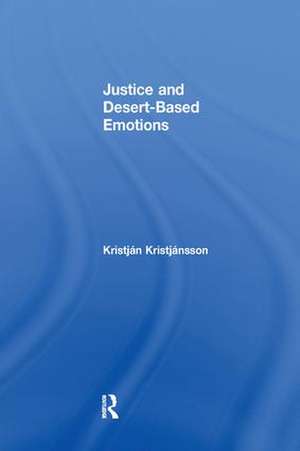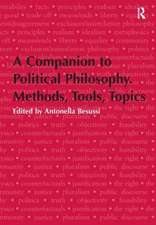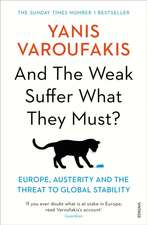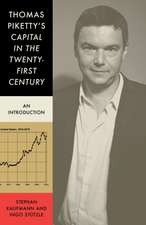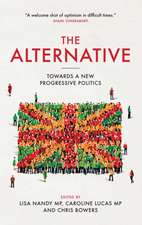Justice and Desert-Based Emotions
Autor Kristján Kristjánssonen Limba Engleză Paperback – 31 mar 2017
| Toate formatele și edițiile | Preț | Express |
|---|---|---|
| Paperback (1) | 389.38 lei 6-8 săpt. | |
| Taylor & Francis – 31 mar 2017 | 389.38 lei 6-8 săpt. | |
| Hardback (1) | 1001.07 lei 6-8 săpt. | |
| Taylor & Francis – 28 oct 2005 | 1001.07 lei 6-8 săpt. |
Preț: 389.38 lei
Nou
Puncte Express: 584
Preț estimativ în valută:
74.50€ • 77.80$ • 61.53£
74.50€ • 77.80$ • 61.53£
Carte tipărită la comandă
Livrare economică 15-29 aprilie
Preluare comenzi: 021 569.72.76
Specificații
ISBN-13: 9781138271159
ISBN-10: 1138271152
Pagini: 232
Dimensiuni: 156 x 234 x 12 mm
Greutate: 0.45 kg
Ediția:1
Editura: Taylor & Francis
Colecția Routledge
Locul publicării:Oxford, United Kingdom
ISBN-10: 1138271152
Pagini: 232
Dimensiuni: 156 x 234 x 12 mm
Greutate: 0.45 kg
Ediția:1
Editura: Taylor & Francis
Colecția Routledge
Locul publicării:Oxford, United Kingdom
Cuprins
Contents: Preface; Introduction; The nature of desert; Desert-based emotions; From development to justification; From theory to practice: the schooling of justice; References; Index.
Notă biografică
Kristján Kristjánsson is the author of Social Freedom: The Responsibility View (1996) and Justifying Emotions: Pride and Jealousy (2002) as well as various papers about morality, emotions and education in international journals.
Recenzii
'In this book Kristjan Kristjansson formulates and defends a desert-based theory of justice by undertaking two ambitious and pressing tasks: that of bringing together the literature on the philosophy of the emotions and theories of justice, so as to provide an account of the role of desert-based emotions for justice; and that of bridging the gap between philosophers'and social scientists'analysis of desert. The result is a broad-ranging and thought-provoking book which provides a systematic analysis of a timely topic. It will be of great interest to moral and political philosophers, psychologists and educationalists.' Serena Olsaretti, Cambridge University, UK 'This is a highly intelligent, well-written and well-informed book which grips and rewards the attention throughout; and brings the reader to the cutting edge of contemporary thinking on this most important subject.' Heythrop Journal
Descriere
Kristján Kristjánsson’s new book falls on the cutting edge of the latest developments in justice discourse, both in philosophy and in the social sciences. Written from a philosophical perspective, it gives an accessible but penetrating exploration of various interlocking and interdisciplinary themes relating to justice. Kristjánsson justifies the necessary interplay between philosophers and social scientists dealing with justice, probes the role of desert in justice and explains the rising interest in the emotionality of justice. He then analyses the main desert-based emotions, connects his discussion to recent trends in developmental and social psychology, offers a moral justification of desert and desert-based emotions, and concludes by applying all those ideas in a close study of how justice and desert should be handled in moral education at school.
